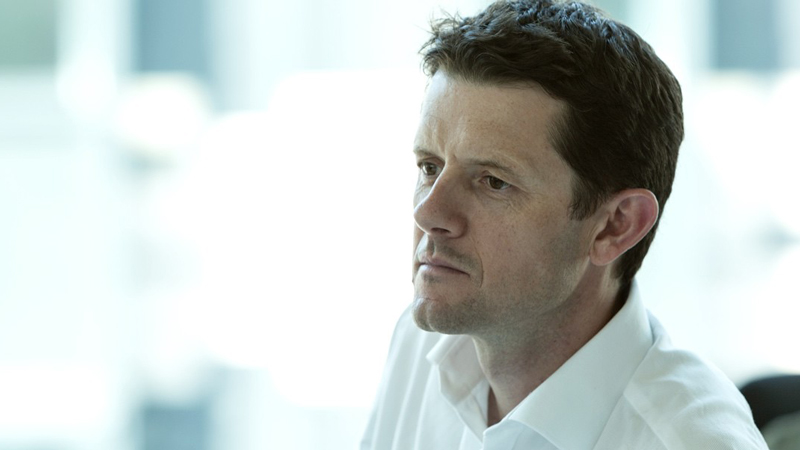In a hearing last week, a UK High Court judge ruled David Pearce had breached his contract with deVere by contacting 115 clients, requesting they sign change of agency forms to transfer to AES.
In its submission to the judge, deVere said this was done while Pearce was still its employee, an act that broke various contractual obligations in areas such as client confidentiality and non-competition agreements.
Though still employed by deVere at the time of sending the emails, deVere said Pearce wrote to investors from an AES email address, telling them he had already moved to the rival firm – where he remains employed as Brussels branch manager, having joined the company last December.
The court also ordered that Pearce return all confidential material obtained from deVere and that he cease contacting clients serviced by deVere.
Pearce’s defence had largely rested on an argument that his contract with deVere was not legally binding under Belgian law because deVere was not properly regulated in the country – an argument which he and AES stand by. However, deVere denies this, citing what it said was the opinion of “expert” Belgian lawyers who had concluded the contract was binding.
However, Pearce did not appear in court last Thursday to contest the case, rendering his defence academic, and Judge Seymour QC found in deVere’s favour.
Delivering his verdict, Judge Seymour said it was: “Difficult to imagine a more flagrant breach [of contract].”
Pearce’s solicitor subsequently said he was unable to afford to defend himself in the proceedings and that he disputed the verdict. AES described the case as a “classic example of David against Goliath.”
The £2.9m damages sum was arrived at through calculations based on the expected level of revenue the 79 clients who transferred to AES would have generated in commissions, new investments and other areas such as business referrals for deVere.
A request by deVere’s counsel for AES to be “joined in the proceedings for costs” was granted by Judge Seymour. It was argued by deVere that Pearce’s legal defence – initially undertaken by law firm Macfarlanes – had been funded by AES. It supported this claim by reference to a letter sent by Macfarlanes on January 21st, which stated that it acted for Pearce and AES International.
However, AES denies it funded the case. Pearce’s current solicitor, Larken, has also stated that Pearce had solely “controlled and funded the litigation”.
AES further disputes that McFarlanes is its solicitor.
The level of costs has yet to be determined and AES will be given the opportunity to make formal legal arguments that it is not liable for any costs.
A spokesman for deVere said the company welcomed the judgment and the judge’s conclusion that the conduct of Mr Pearce’s defence had been “outrageous.”
Sam Instone, managing director of AES International, described deVere’s pursuit of the claim as “ludicrous”.
“DeVere has spent very substantial funds pursuing, in my opinion, a wholly unreasonable case against David for alleged breach of restricted covenants/confidentially, and claimed the most ludicrous amount of damages imaginable.
“David has always stringently denied the allegations, but was clearly unable to fund a defence against deVere – which has substantially more money at its disposal.”










